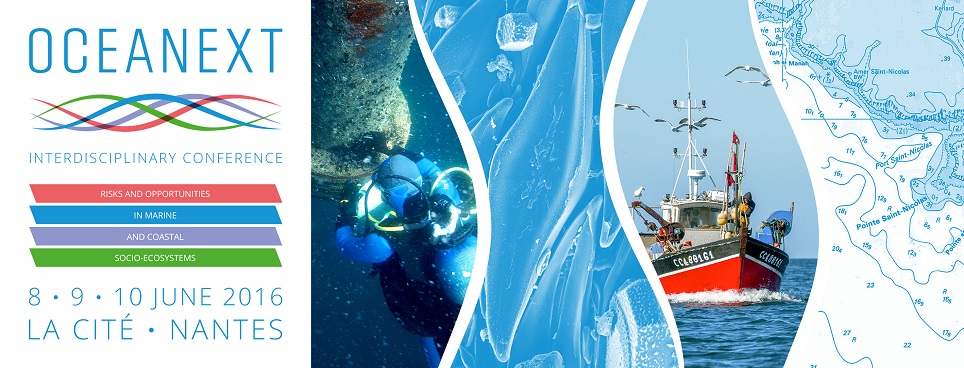Algae are ubiquitous primary producers with rapid growth. They only need light, mineral nutrients and water to generate biomolecules through photosynthetic capture of atmospheric CO2. In the last decade, algal biomass has received a steadily increasing attention. Originally, this interest stemmed from the promises that microalgae hold as a potentially sustainable renewable raw material for biofuels and biobased chemical intermediates. The scientific and technical challenges related to domestication and large-scale production of algae have become a hot topic throughout the world for many fundamental and applied research projects. Several industrial ventures have also bloomed in many countries. Some faded in their early years of operation, others have reoriented their business towards specialty markets with higher added value. Nevertheless, a limited number of them are still focused on producing algae for fuel and chemical purposes. Although located in diverse regions of the world, these few projects that still stick to their original "algae-to-biofuel" rationale share several common points. Within our presentation, the technical options for cultivation, harvest and conversion of algae into biofuels will be reviewed and compared, with emphasis on those which are still considered as potentially viable in the long term. Future research needs and opportunities will also be highlighted.

|
Algal Biofuels on the verge of deployment: What's Left and What's Next ?
1 : Commissariat à l'Energie Atomique et aux Energies Alternatives
(CEA)
-
Site web
* : Auteur correspondant
CEA
CEA - Direction de la Recherche Technologique Centre de Cadarache - Cité des Energies 13108 SAINT PAUL LEZ DURANCE -
France
|
 PDF version
PDF version
